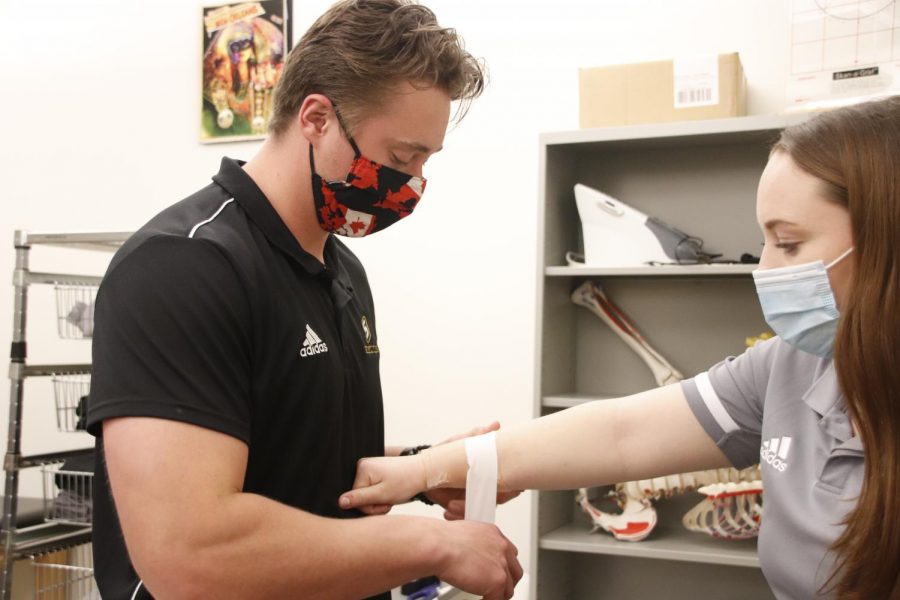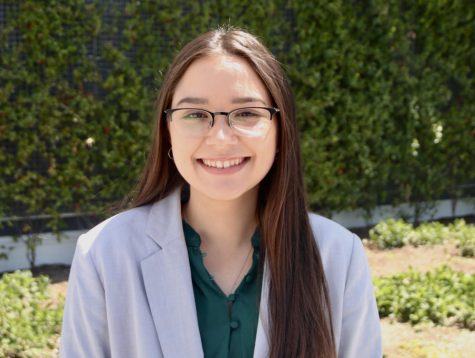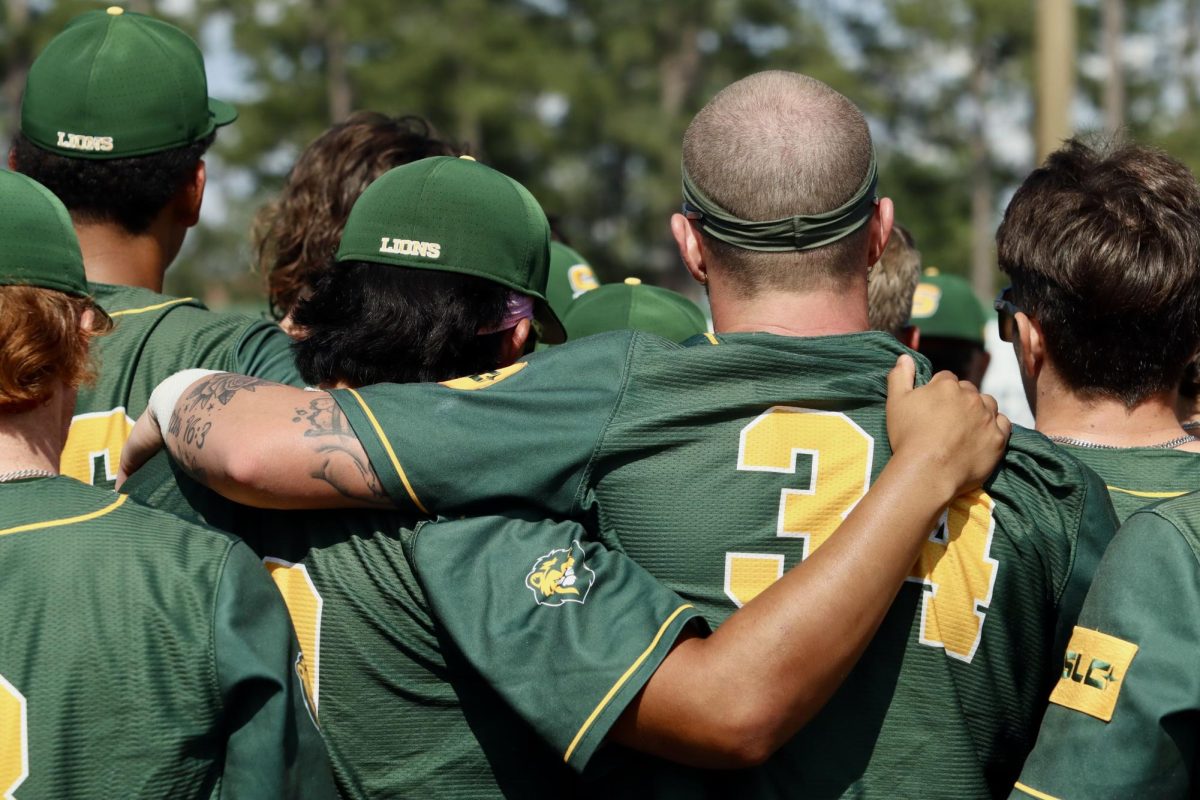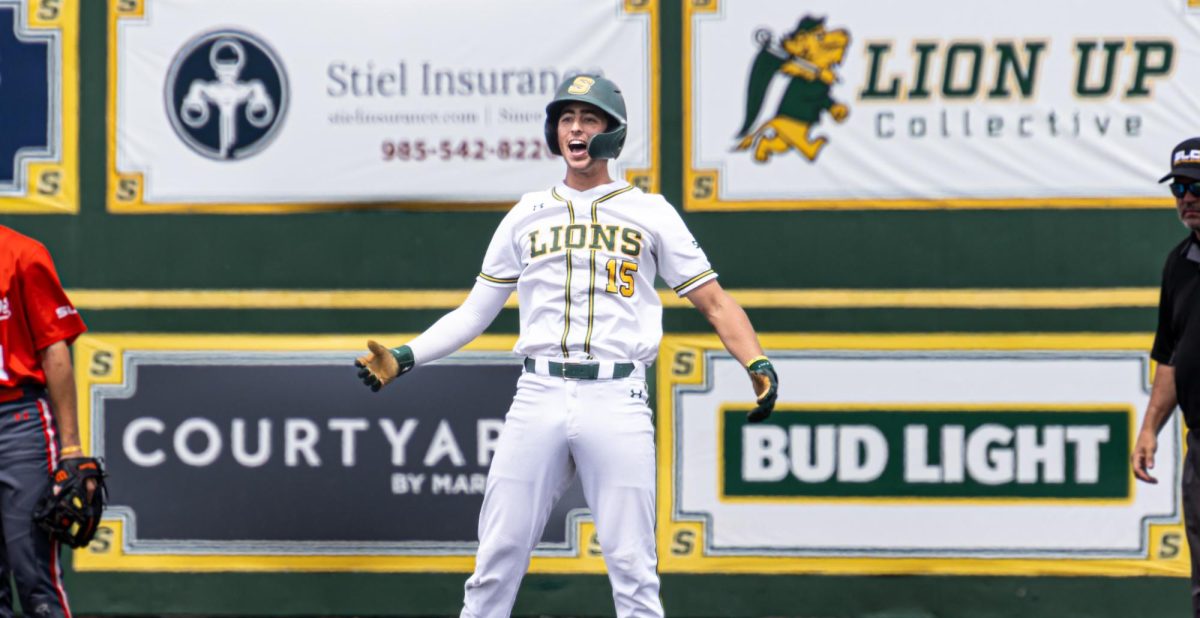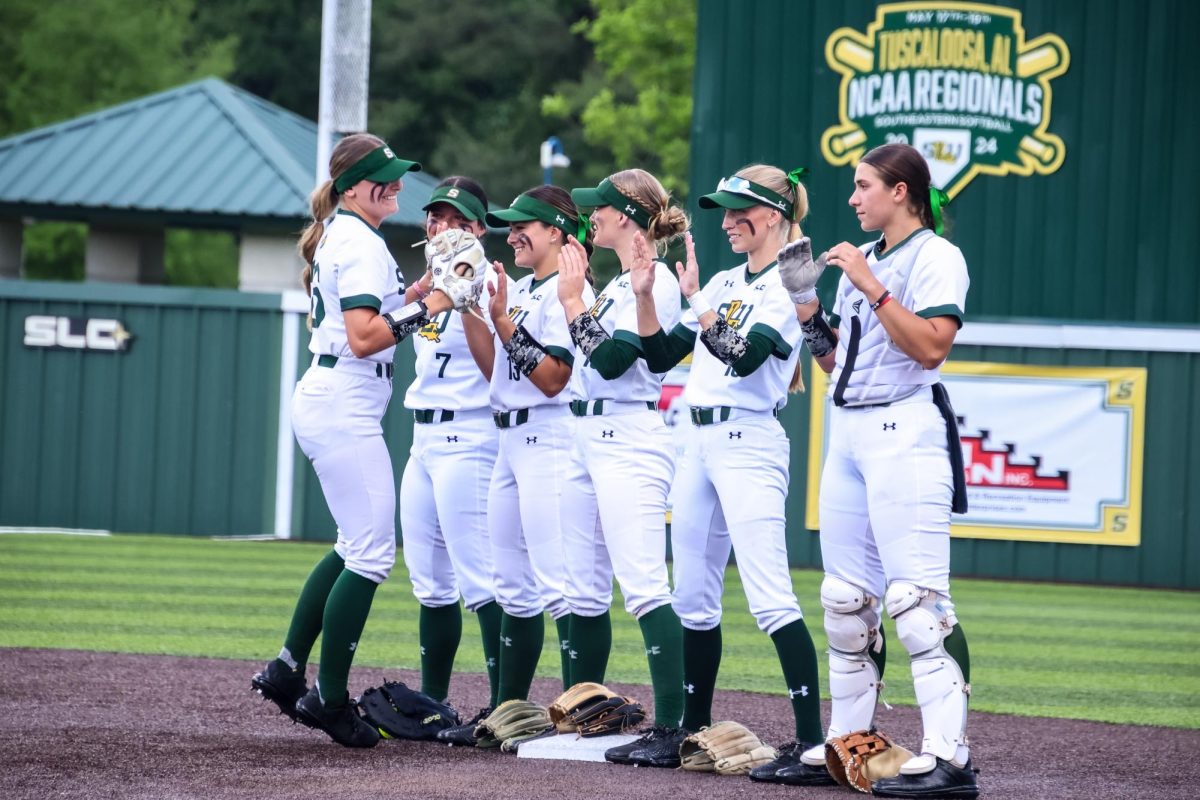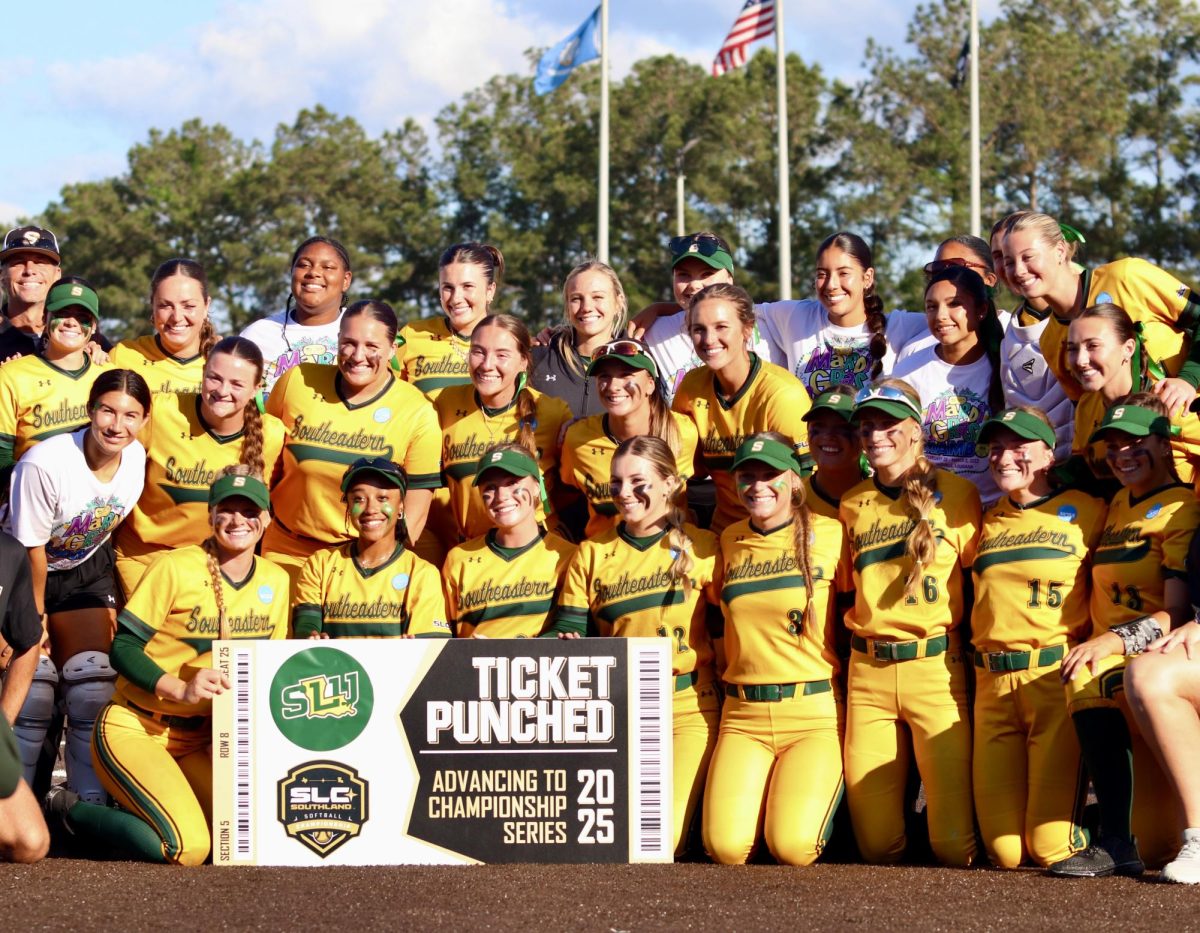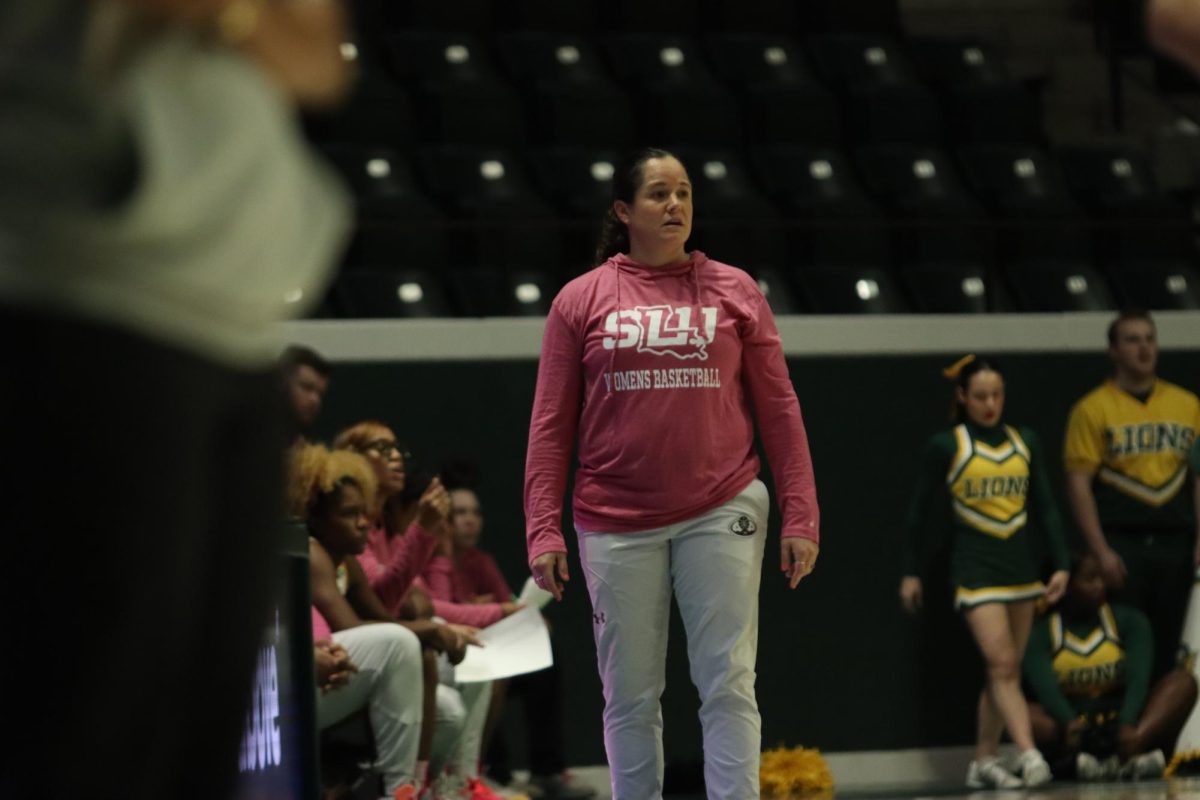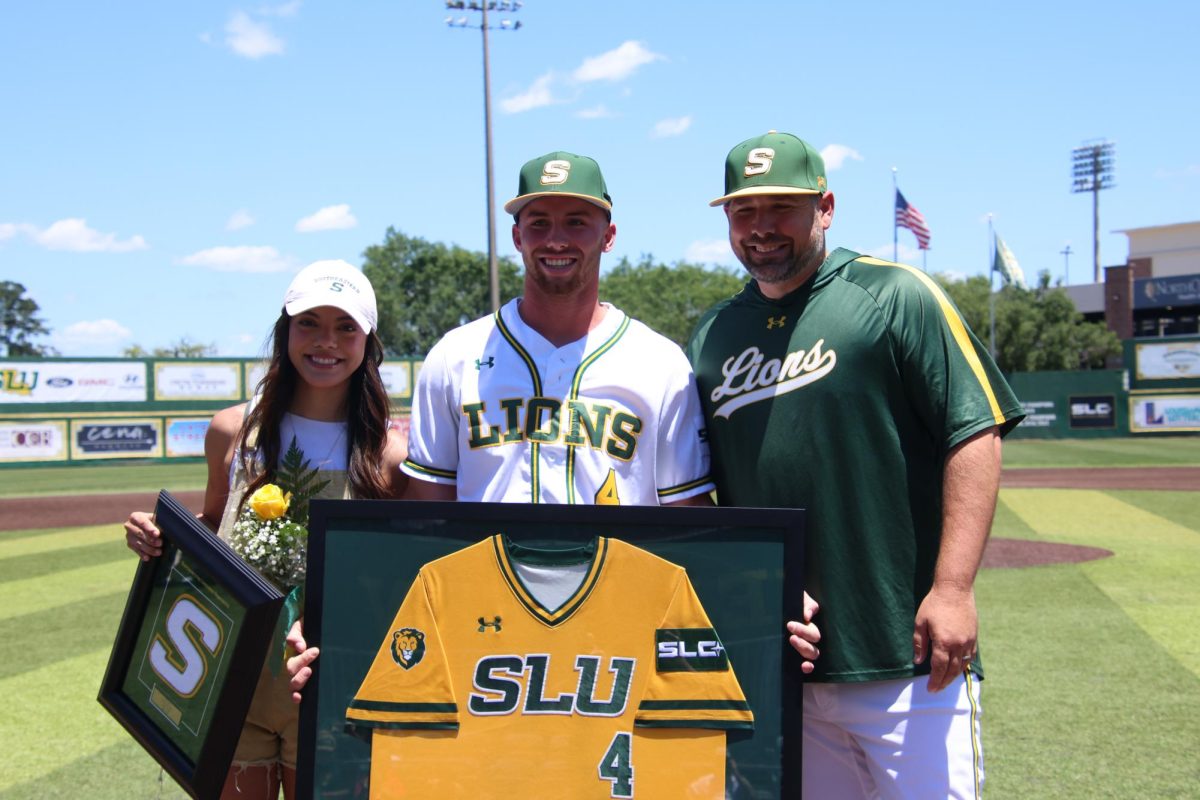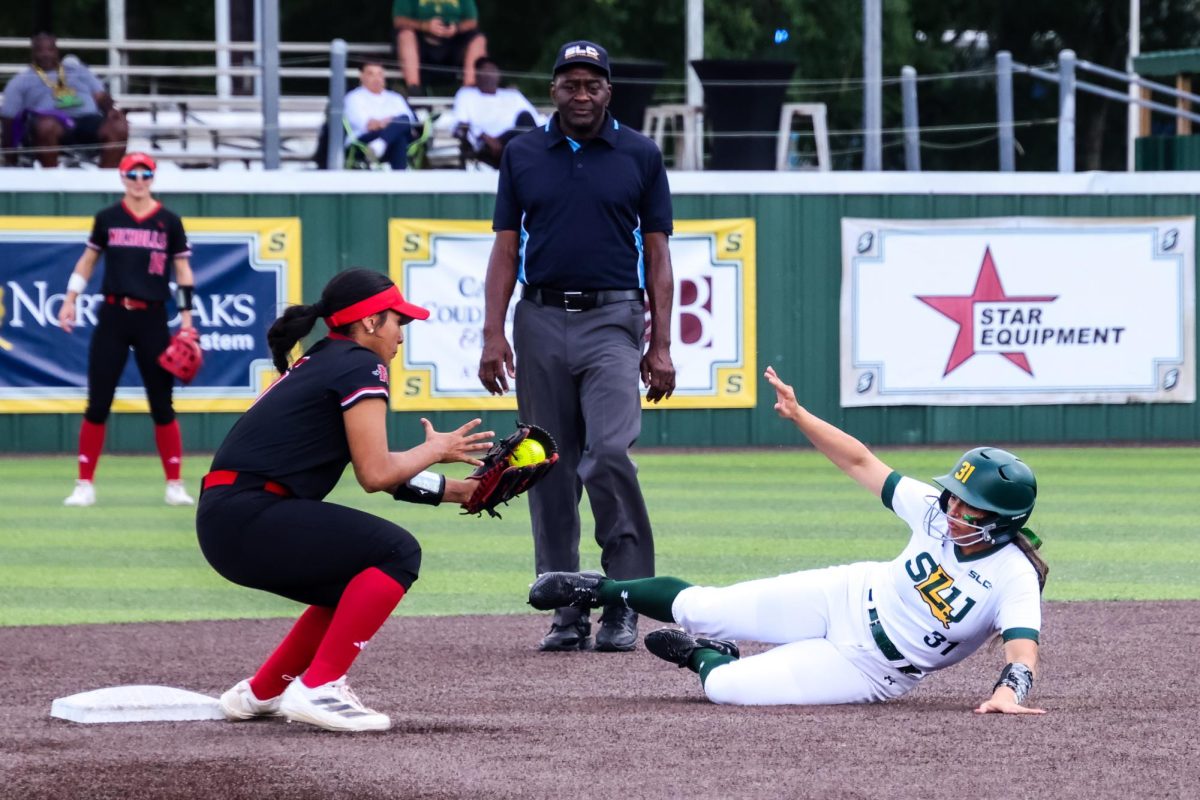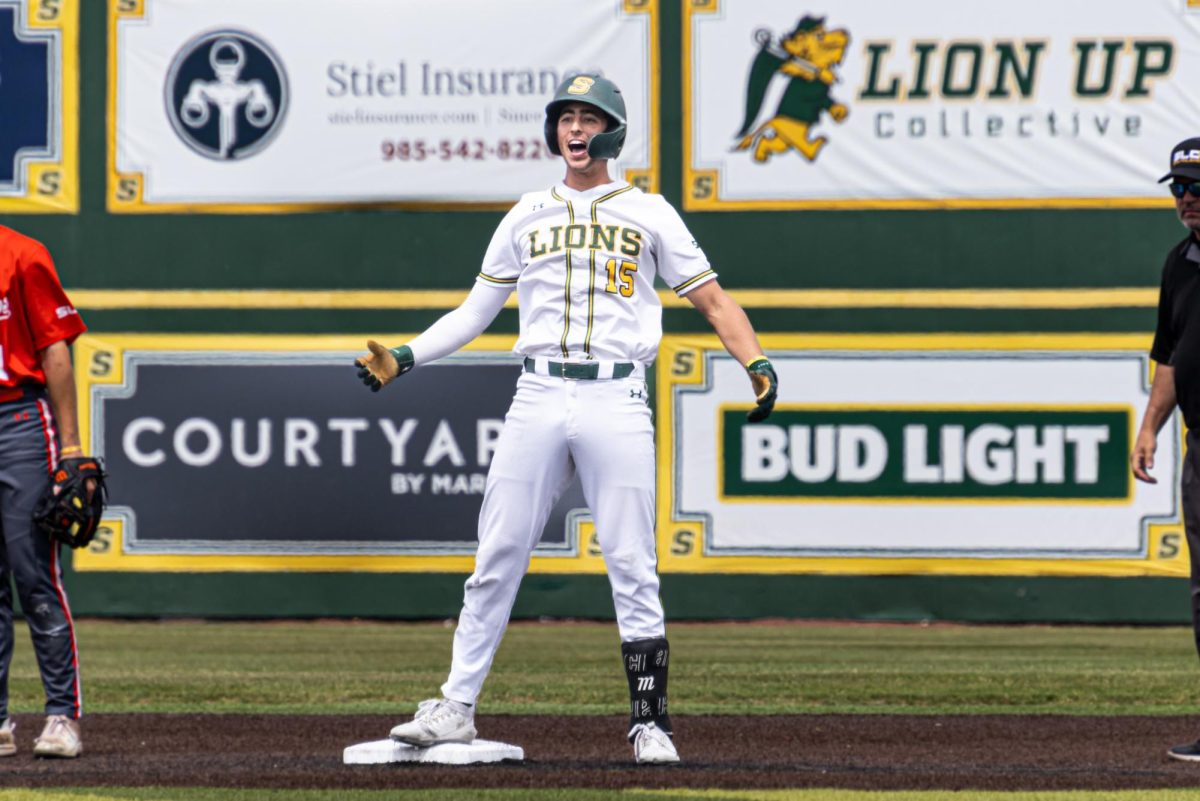Those who were high school athletes may be minimally familiar with athletic trainers’ responsibilities: filling water bottles, icing and wrapping injuries, as well as helping with rehabilitation.
Undergraduates in Southeastern’s Student Athletic Trainers’ Association dove deeper into the duties, education and experiences of athletic trainers, as well as their love for the program, in honor of National Athletic Training Month.
Senior Kristen Loving, the president of SATA, explained that the athletic training profession is growing into one that will require a master’s degree as the minimum entry point into the field. Over the next few years, Southeastern will be discontinuing the athletic training baccalaureate program and begin offering a Master of Science in Athletic Training.
“As of right now, us who are graduating as seniors, we’ll graduate with a bachelor’s degree. We could go and practice. We’re eligible for the BOC exam, but in the next couple years, you won’t just be eligible with a bachelor’s, you’re going to have to increase it. I know most of our class is considering/already applying to graduate schools,” she said.
The future athletic trainers said that studying in this academic area and degree program allows them to fully grasp the work necessary to become professionals in the field.
Prior to his entry into the program, junior Thomas Nedow said, as an athlete, he only knew the extent of athletic training responsibilities from seeing his own athletic trainer.
“Now with us being in it, we can see how much studying you have to do, how much time after the athlete leaves, stuff like research and other things you have to do for the athlete, because they’re always thinking for their best interest. It doesn’t stop when the athlete leaves the door––it’s an all-day type of thing,” he said.
Senior Rachel Wilkerson said they are growing more qualified each year they are in the program, an aspect she appreciates about the program. She also said she believes other people are gaining awareness of the roles and responsibilities of the athletic training profession.
She said, “I think the biggest thing for me is when I got into the program, I guess I never really understood how much athletic trainers do. The more I learn about, the more I love it.”
Junior Carmen Waskom, said she was a competitive dancer, surrounded by many sports in high school. She said the transition from being on the receiving end of athletic training support to actively pursuing the career was an unexpected one.
“Coming to college and studying athletic training, I didn’t realize how much paperwork, how much time commitment it was, so now learning all of that and being a part of the program and dealing with it every single day, makes me appreciate the athletic trainers growing up a lot more than what I used to,” Waskom said.
Nedow noted that the athletic training profession is more than rehabilitating physical injuries. He said the job sometimes requires supporting an athlete through the mental and emotional aspects of recovering from an injury as well as other issues they might be dealing with.
“If the coach gets mad at them, I’ve seen so many athletes come and just let it all out to their athletic trainer. Just guiding and being there for an athlete can be such a positive influence on yourself and the team in general,” Nedow said.
In addition to building relationships with athletes, Loving said she is looking forward to the high-energy opportunities and involvement that come with the job.
“I love being on the sidelines, the adrenaline of it all––it brings me back to being an athlete. That’s obviously a huge perk of this profession is you’re always so involved in and there for competitions and games,” Loving shared.
Senior Camryn Hughes said she is excited to enter into the workforce in an area that is always changing.
“I think that’s something that’s really cool because you can always change your perspective on things and change the way you think and keep evolving,” she said.
Loving said she feels that the existence of National Athletic Training Month proves that the career is getting the recognition it deserves.
“For so long, and even still, people don’t know what athletic training is and truthfully some people just don’t care. For us to have this month that is strictly dedicated to promoting this profession and getting word out on what it actually is, it just shows the growth that it’s going through,” said Loving.
Loving and Hughes contributed pieces of advice for prospective athletic training students: be prepared for the commitment.
Hughes said, “The biggest advice is to make sure you have a passion for it. You have to be strong to be in this profession, so definitely know what you want to do.”


